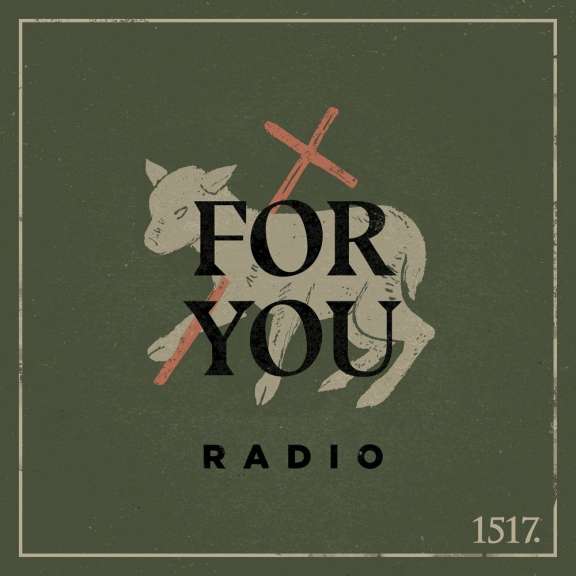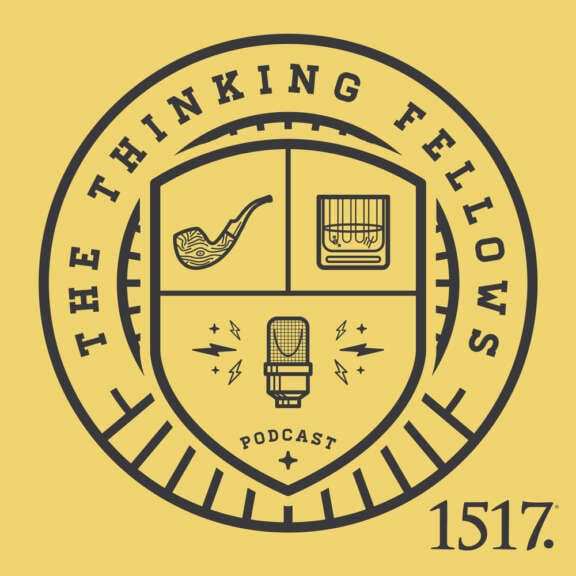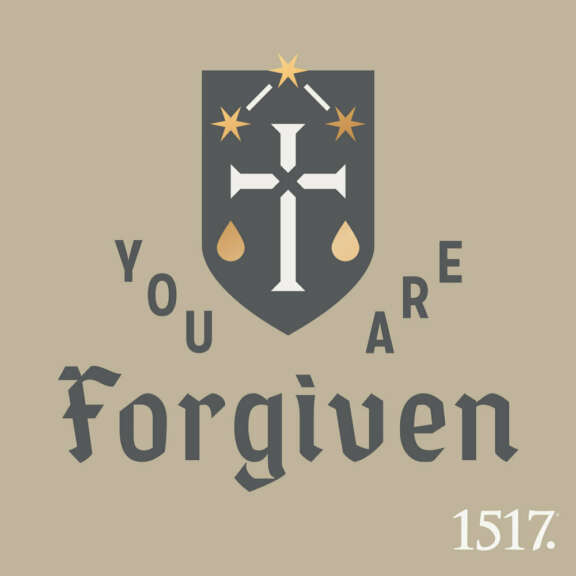Jesus does Jesus stuff, but more Jesus workers are needed to do Jesus stuff, so Jesus apostles His disciples so that more Jesus stuff can get done . . . or something like that.
Podcasts
Each 1517 Podcast is dedicated to delivering Christ-centered content through weekly, monthly, and seasonal audio platforms. Listen online or on your favorite podcasting app.
Author
- All Authors
- Aaron Zimmerman
- Adam Francisco
- Amy Mantravadi
- Blake Flattley
- Bob Hiller
- Bradley Gray
- Brian W. Thomas
- Bror Erickson
- Bruce Hillman
- Caleb Keith
- Chad Bird
- Chris Rosebrough
- Christopher Gillespie
- Cindy Koch
- Craig Donofrio
- Dan van Voorhis
- Daniel Deen
- Daniel Emery Price
- Darrin Sheek
- David Andersen
- David Rufner
- David Zahl
- Debi Winrich
- Delwyn Campbell
- Donavon Riley
- Doug Klembara
- Edward Killian
- Elyse Fitzpatrick
- Erick Sorensen
- Flame
- Grant Klembara
- Gretchen Ronnevik
- Haroldo Camacho
- Jacob Smith
- Jared C. Wilson
- Jeff Mallinson
- Jeffrey Pulse
- Jessica Thompson
- Jim Nestingen
- Joel Fitzpatrick
- Joel Hess
- John Andrew Schreiner
- John Bombaro
- John T. Pless
- John W. Hoyum
- John Warwick Montgomery
- Katie Koplin
- Kelsi Klembara
- Ken Sundet Jones
- Magnus Persson
- Matt Popovits
- Michael Berg
- Michael Horton
- Nick Lannon
- Paul Koch
- Peter Nafzger
- Philip Bartelt
- Raleigh Sadler
- RJ Grunewald
- Robert Kolb
- Rod Rosenbladt
- Ron Hodel
- Sam Leanza Ortiz
- Sarah Condon
- Sarah Crowder
- Scott Davis
- Scott Keith
- Steven Paulson
- Tanner Olson
- Troy Neujahr
- Uwe Siemon-Netto
- Wade Johnston
- William Cwirla
-
“Religion is predicated on the idea that our time here is short and should be shorter, that our job is to bring on the end of days. This is just a veil of tears and guilt and shame. This, the only life we have—the only life we have that contains music and art and literature and solidarity and sex and love—all of this should be swept away. We can’t wait for the end times to come. That’s what they all have to believe.”
-
Caleb and Scott read and discuss the first three articles of the Augsburg Confession and the Apology.
-
Pastor Hodel Teaches on Mark 4:34-41
-
"Your faith has made you well" . . . except faith never believes in itself, but trusts only in its object, namely Jesus.
-
“We were baffled by climatic and cataclysmic events: earthquakes, tidal waves, storms, lightning. All of this was to us terrifying. Religion works as an attempt, then, to make sense of things. We are pattern-seeking mammals, after all. It’s a good thing that we are, because if we weren’t pattern-seeking mammals, our curiosity would have no outlet and we wouldn’t be capable of the great innovations that have liberated us from so many things, including religion.”
-
You are the man.
-
Pastor Thomas Teaches On Ephesians 1:3-14
-
Why is it that wherever Jesus is, there is the party? Because to dine with Jesus is to be at one with Him, and He with us.
-
Christians Aren’t Good, or Moral. In this episode, we continue to read and discuss Christopher Hitchens’ speech on religion and morality. Does religion delete our need to confront reality?
-
God is Good… or Not. In this episode, we read and discuss Christopher Hitchins’ speech about religion and morality. What’s the point of attaching the forgiveness of sins to morality?
-
Pastor Sheek Teaches On Matthew 7:15-29




